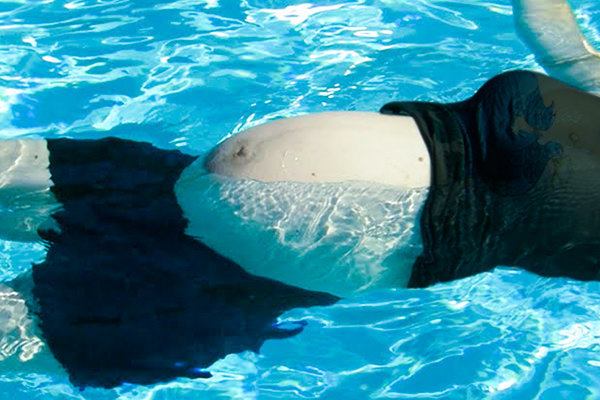The consumer press in Britain and the United States was abuzz recently over a report in the British Journal of Dermatology that, many media outlets claimed, linked swimming during pregnancy with the risk of unborn children developing allergies.
Some say the headlines made assumptions the researchers never intended. Two examples: “Expectant Mothers Who Swim May Give Baby Asthma” and “Mothers Who Swim During Pregnancy Increase Child’s Risk of Eczema and Asthma, Scientists Warn.”
The report was by researchers at St. John’s Institute of Dermatology in London and the University of Manchester. They investigated a large increase in asthma, eczema and hay fever cases in developed countries over the past 50 years, examining many studies for causes. That included considering the role airborne chemicals, such as household cleaning products and pool chlorine, might play.
That’s all it took for some journalists to declare that swimming while pregnant is dangerous because exposure to the chemicals might alter an unborn’s immune system, leaving them more susceptible to atopic allergies.
Is that true? Thomas Lachocki, Ph.D., said emphatically it is not. The CEO of the National Swimming Pool Foundation called it “only a speculative review article.” He said the authors explicitly stated that to their knowledge “there is no available information on chlorinated pool use during pregnancy or very early life in relation to the subsequent development of atopic disease in children.”
Lachocki added that peer-reviewed scientific evidence has been published stating that swimming in pools during pregnancy is not associated with “an increased risk of reproductive outcomes” — and the health benefits of swimming outweigh the potential health risks of chemical contamination.
“It is troubling when mass media outlets sculpt alarming stories that are wrong and cause harm to society by discouraging healthy physical activity,” Lachocki said.




